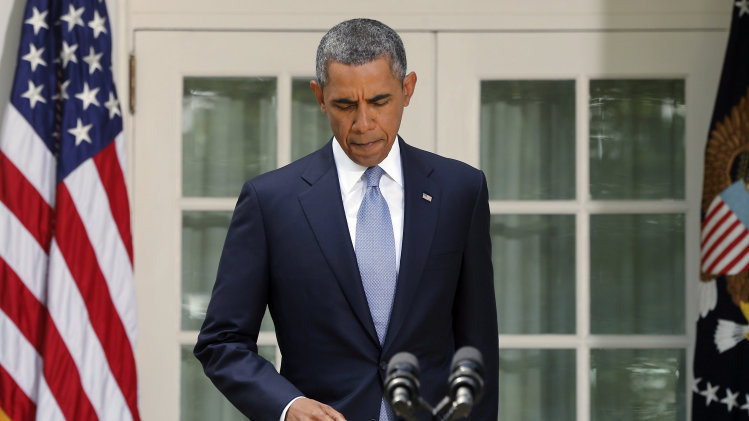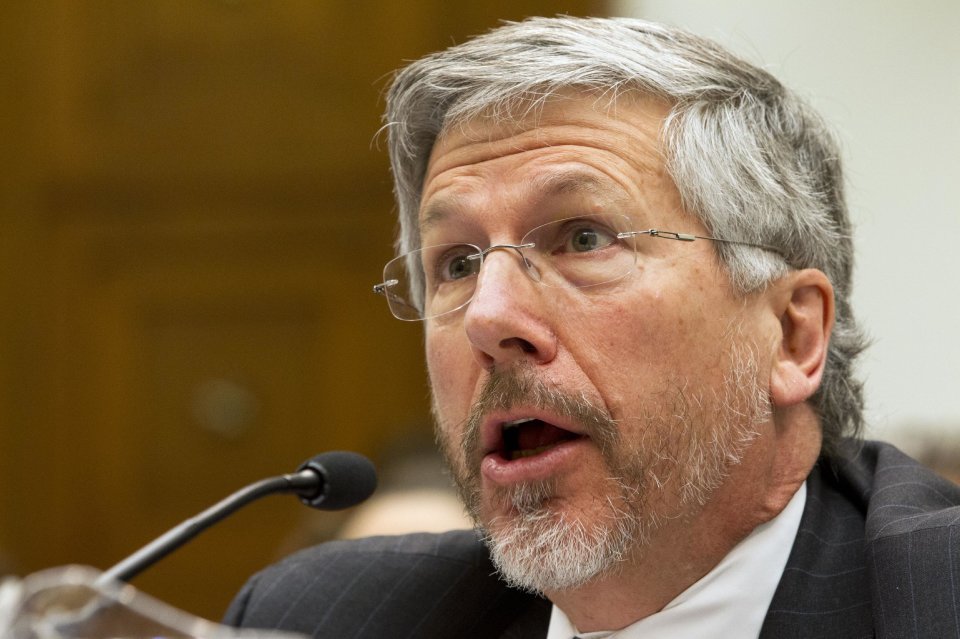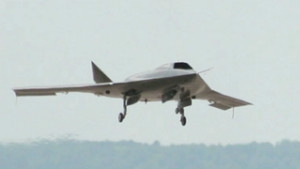
It’s a posture that conflicts with positions he took as a young senator, a 2008 presidential candidate and even a first-term president as he cast himself as a counterweight to the more aggressive approach to national security embodied by his Republican predecessor, President George W. Bush.
The Democratic president long has advocated a U.S. foreign policy that prioritizes negotiation over confrontation, humility over diplomatic bravado and communal action over unilateralism.
Those positions are under question as Obama seeks the approval of Congress back home and as he meets with skeptical world leaders abroad while at the G-20 summit in Russia this week.
A look at some of Obama’s historical and recent comments on the use of America’s military might:
ON CONGRESS
THEN: “In instances of self-defense, the president would be within his constitutional authority to act before advising Congress or seeking its consent. History has shown us time and again, however, that military action is most successful when it is authorized and supported by the legislative branch.” — Response to candidate questionnaire from The Boston Globe, December 2007.
NOW: “As commander in chief, I always preserve the right and the responsibility to act on behalf of America’s national security. I do not believe that I was required to take this to Congress. But I did not take this to Congress just because it’s an empty exercise. I think it’s important to have Congress’ support on it.” — News conference in Stockholm, Sept. 4, 2013.
ON ACTING ALONE
THEN: “In a world in which threats are more diffuse and missions more complex, America cannot act alone. America alone cannot secure the peace.” — Speech accepting Nobel Peace Prize, December 2009.
NOW: “I’m comfortable going forward without the approval of a United Nations Security Council that, so far, has been completely paralyzed and unwilling to hold Assad accountable.” — Remarks in the White House Rose Garden, Aug. 31, 2013.
ON APPETITE FOR WAR
THEN: “It is easier to start wars than to end them. It is easier to blame others than to look inward, to see what is different about someone than to find the things we share. But we should choose the right path, not just the easy path.” — Speech in Cairo, June 2009.
NOW: “The American people, understandably, want us to be focused on the business of rebuilding our economy here and putting people back to work. And I assure you, nobody ends up being more war-weary than me. But what I also believe is that part of our obligation as a leader in the world is making sure that when you have a regime that is willing to use weapons that are prohibited by international norms on their own people, including children, that they are held to account.” — Remarks at meeting with Baltic leaders, Aug. 30, 2013.
ON JUSTIFICATION
THEN: “We may not always have national security issues at stake, but we have moral issues at stake. If we could have intervened effectively in the Holocaust, who among us would say that we had a moral obligation not to go in? … And so I do believe that we have to consider it as part of our interests, our national interests, in intervening where possible.” — Presidential debate, October 2008.
NOW: “This kind of attack is a challenge to the world. We cannot accept a world where women and children and innocent civilians are gassed on a terrible scale. This kind of attack threatens our national security interests by violating well-established international norms against the use of chemical weapons. … If we are saying in a clear and decisive but very limited way, we send a shot across the bow saying, ‘Stop doing this,’ that can have a positive impact on our national security over the long term.” — Remarks at meeting with Baltic leaders, Aug. 30, 2013.
——————-
Click below for the full article.
http://news.yahoo.com/then-now-obama-us-military-might-112844522–politics.html


